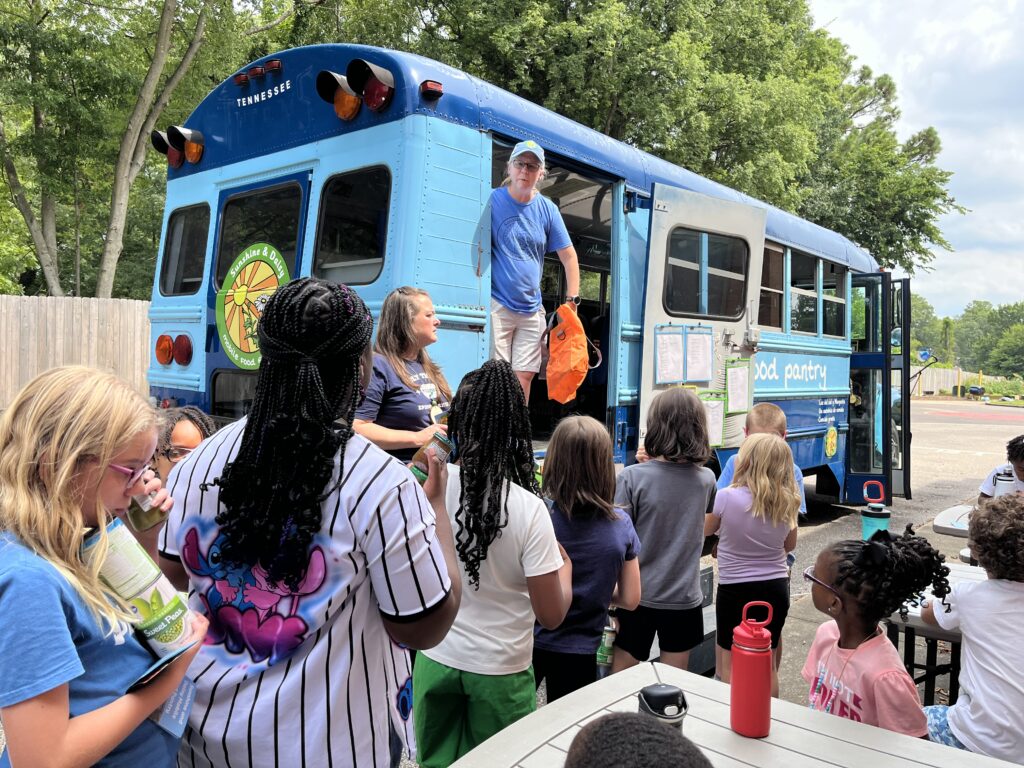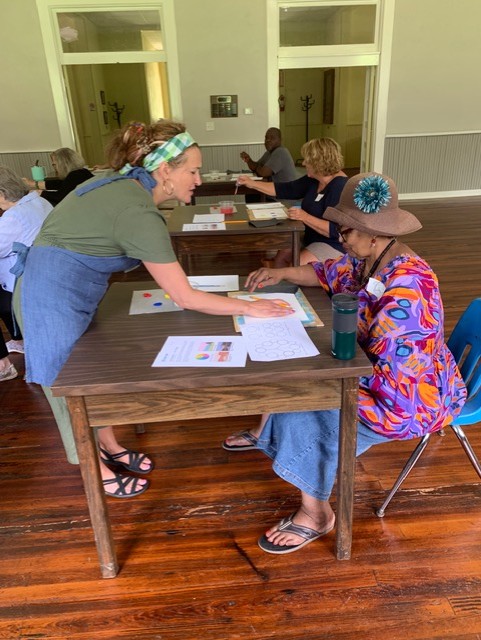
Ministry Grants
The Episcopal Diocese of West Tennessee is focused on supporting vitality and sustainability in all of our congregations. Every church has the potential to increase its engagement with the surrounding community, and the Do Good & Share Ministry Grants program is designed to facilitate greater involvement.
Applications Now Open!
A total of $50,000 is available for the 2025 grant cycle. Applications will open on January 1, 2025 and close on March 17, 2025.
About
The purpose of the Do Good & Share Ministry Grants program is to encourage small congregations to try new ways of getting to know their local communities through shared ministries and engagement. As relationships are developed through discourse and cooperation, we will become more aware of the work God is already doing and how we can assist in tangible ways.
The Ministry Grants program is part of our diocesan small church initiative, which began in 2020. A total of $50,000 has been allocated for the 2025 grant cycle.



Eligibility
Twenty-one congregations in the Diocese of West Tennessee are eligible to apply for grants. Each congregation may apply for one grant per grant cycle. The church’s priest-in-charge or senior warden will be asked to certify the application via electronic signature.
Standalone ministries within or closely aligned with the Diocese of West Tennessee (ie. Barth House Episcopal Center, St. Columba, Thistle & Bee, etc.) may not apply for funds on their own behalf.
The following congregations are eligible to apply for grants:
All Saints (Memphis)
Christ Church (Brownsville)
Good Shepherd (Memphis)
Emmanuel (Memphis)
Grace (Paris); Holy Trinity (Memphis)
Immanuel (La Grange)
Immanuel (Ripley)
Ravenscroft (Brighton)
St. Anne’s (Millington)
St. James (Bolivar)
St. Joseph (Memphis)
St. Mary’s Cathedral (Memphis)
St. Matthew (Covington)
St. Paul (Mason)
St. Thomas (Somerville)
St. Thomas (Humboldt)
Trinity (Mason)
St. James (Union City)
St. Mary’s (Dyersburg)
St. Philip (Bartlett)
Criteria
Factors that the Ministry Grants Team will consider when making decisions include:
- Development of initiatives that are relational, participatory and cooperative
- Outreach into local neighborhoods and communities to form new partnerships or build upon existing partnerships
- Desire and willingness to try new things
- Openness to creativity
Funding will be prioritized for programs aimed at strengthening and facilitating contextual awareness and community engagement. In some instances, great ideas may not fit the granting purposes or guidelines.
The types of programs or ideas that DO NOT qualify for the Ministry Grants program include:
- Internal programs or ministries of a congregation that only serve parishioners
- Funding for the congregation’s operating budget, including staff costs
- Capital improvement projects, such as landscaping, roofing repairs or other building maintenance


Grant Types
Congregations may apply for an Experimental Grant or a Sustaining Grant during one grant cycle.
Experimental Grants
Experimental Grants are grants of $500 to $1,000 for the purpose of engaging in a learning experiment. Experimental Grants allow a congregation to learn about the surrounding neighborhood and become more comfortable engaging the work God is already doing by trying something new. To learn more about the Experimental Grant application process and qualifications, click below.
Sustaining Grants
Sustaining Grants are grants of $1,000 to $5,000 for those congregations that have already begun working with the community surrounding the church. Priority will be given to efforts involving one or more community partners. To learn more about the Sustaining Grant application process and qualifications, click below.
Questions
Not sure what grant works for you? Have a question about your application? Looking for guidance on shaping your ministry’s project?
Contact the Ministry Grants Team: grants@episwtn.org
Emily Austin, Diocesan Director of Communications & Community Engagement
The Rev. Sarah Cowan
Janice Hall
Alisa Kelly, Canon for Finance and Administration
Christine Todd
Candace Walsh